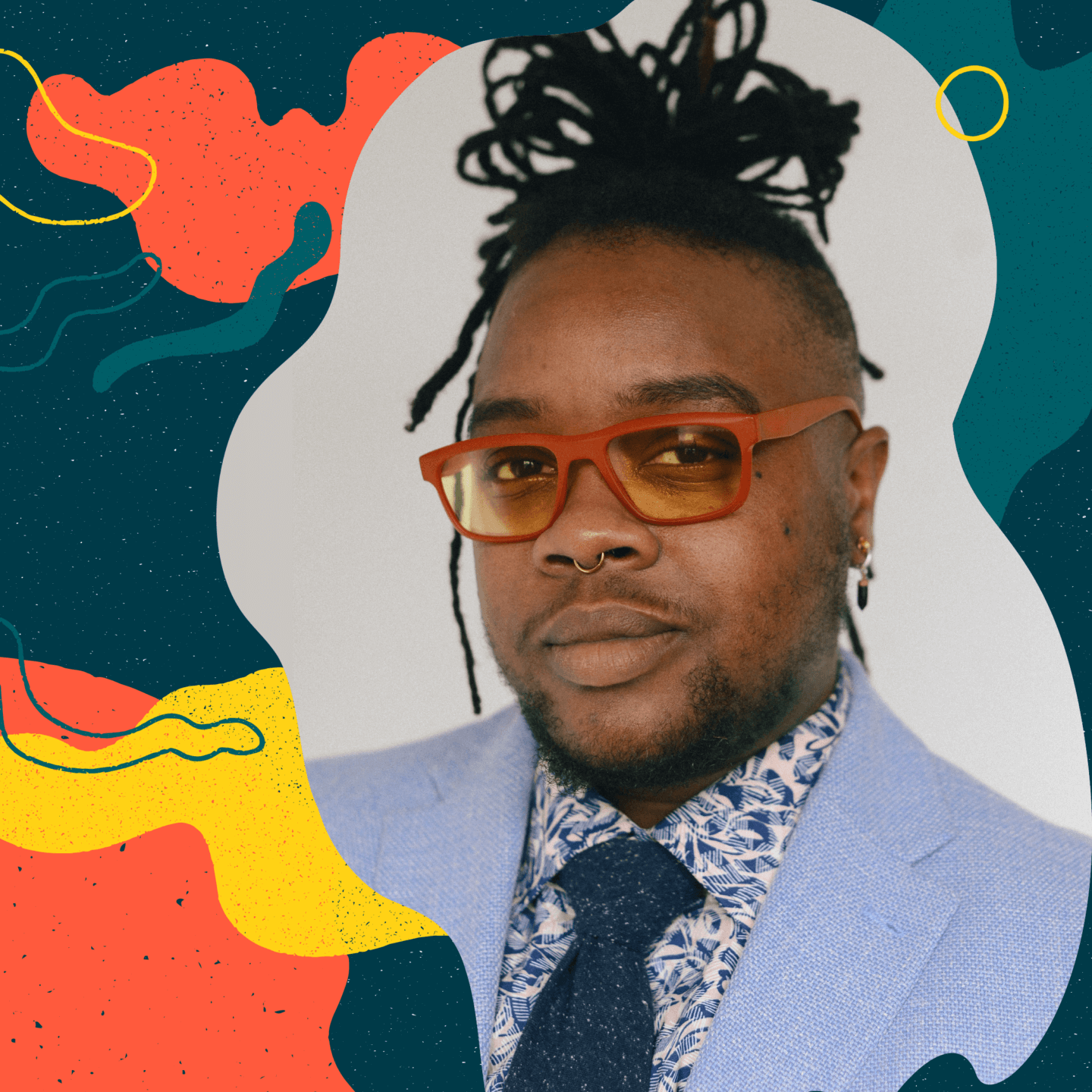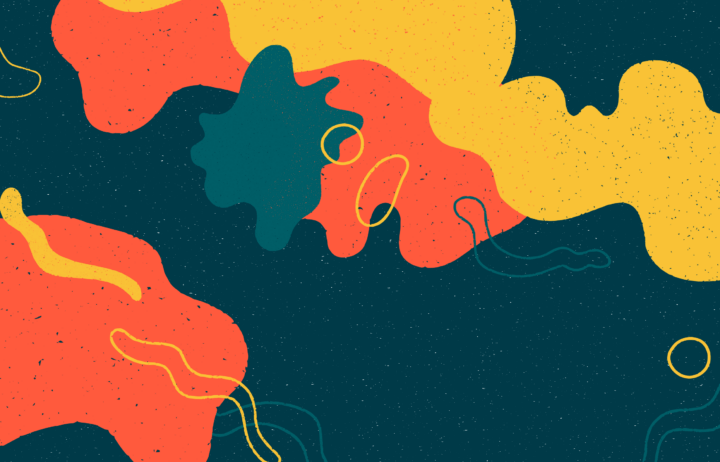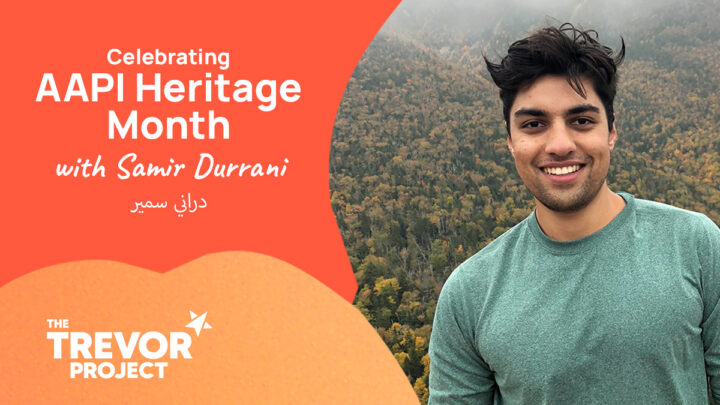Brave Space Alliance, the first Black trans-lead LGBTQ center in Chicago, was born on a March evening in 2017 during the Trans Liberation March in Chicago’s city center, which at the time was the largest demonstration for trans rights in the history of the Midwest. Now, Brave Space’s focus is on providing culturally equitable resources to Black, Indigenous, and Brown trans folks and operate several programs including identity-based support groups, gender-affirming resources, and mutual aid. Their work is sustained by dedicated activists, fixtures in the ballroom scene, and people engulfed in Chicago’s queer Black community.
Their critical services reach the entire Chicagoland area, but Interim CEO & Director of Communications Jae Rice (he/him) says Brave Space calls the South side home for a reason: “In Chicago, most of our LGBTQ spaces are white-led, cis-led, or privilege-led, and concentrated on the North side of the city. This introduces another type of harm, and a barrier for folks who look like me to get different life-sustaining, life-saving resources. We are Black-lead and of the community — this is radical and revolutionary.”
Jae continues: “Chicago is one of the most segregated cities in the world, and one of the most dangerous cities for Black trans people in the world, statistically speaking. We prevent violence when we take out that travel barrier for Black trans folks and LGBTQ people of all sorts. They don’t have to take two or three bus rides at different times of the day to get resources — we’re right here in the community. And being able to just drop in and be seen and heard and valued, that’s life-saving for a lot of people.”
When the pandemic forced the dance floors to close, Jae, an activist, DJ, and “practitioner of freedom and joy,” found himself at Brave Space Alliance, where their community pantry was just starting. People in Chicago and across the country were fighting for collective liberation on the streets with Black trans folks at the forefront, and Jae said this is what drew him to Brave Space — “Black queer people have always been at the front of civil rights movements around the world; it felt freeing and self-activating.”
But Jae says Brave Space is about more than just safe spaces, but brave ones. “I think there are positive intentions behind wanting to create safe spaces. But we challenge that idea, because especially for Black trans folks, there’s no way folks can guarantee our safety. But what we can guarantee is that we show up in spaces as brave as possible; having the bravery to evolve from an ally to a comrade and an accomplice; having the bravery to stand up to family members when they perpetuate hate instead of liberation.”
Black LGBTQ young people have been shown to experience higher rates of mental health struggles, suicidal ideation and attempts, and were shown to be more likely to experience discrimination or harassment than their white peers. And it’s true that our society continues to be hostile to LGBTQ young people, with over 250 anti-LGBTQ bills already introduced or pre-filed in the first month of 2023 alone. Spaces like Brave Space Alliance are incredibly important to the survival and wellbeing of young Black LGBTQ people — being in community with people who truly understand them can be life-saving and life-affirming.
To truly become an accomplice to Black LGBTQ young people’s liberation, it takes bravery to take that step beyond allyship. Jae asks of allies, “Who is going to stand with me? Who is going to put their bodies physically on the line, or put up their privilege for collective liberation? How are you physically showing up for folks when no one’s looking, when it’s not the popular thing to do? How brave are you being with your allyship? When you’re being as brave as possible, you’ve evolved from an ally into an accomplice and a comrade.”
Sue Cardenas-Soto is a Copywriter at The Trevor Project, a suicide prevention and mental health organization for lesbian, gay, bisexual, transgender, queer & questioning (LGBTQ) young people. If you or someone you know is feeling hopeless or suicidal, our trained crisis counselors are available 24/7 at 1-866-488-7386 via chat www.TheTrevorProject.org/Get-Help, or by texting START to 678-678.


